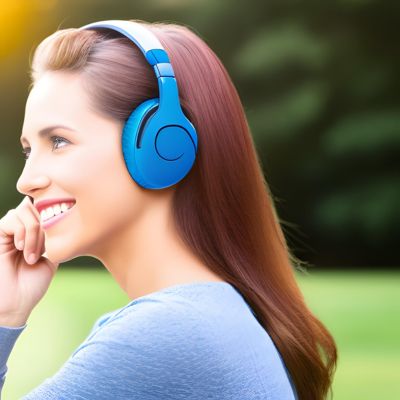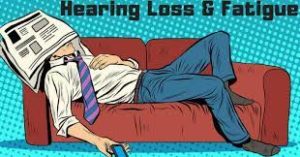In a world filled with noise, our ears are constantly exposed to a barrage of sounds. From bustling city streets to lively concerts, the soundscape around us can be overwhelming.
While sound enriches our lives, it also brings the potential for harm.
Preventing hearing loss due to loud sound exposure is crucial to maintaining our auditory health and overall well-being.

The Importance of Protecting Your Hearing
Why Hearing Health Matters
Our sense of hearing connects us to the world in a unique way. It allows us to enjoy music, engage in conversations, and appreciate the sounds of nature. However, prolonged exposure to loud sounds can lead to irreversible damage to our auditory system. This damage not only affects our ability to hear but also impacts our quality of life.
The Impact of Noise-Induced Hearing Loss
Loud sounds, especially those exceeding 85 decibels (dB), can lead to noise-induced hearing loss (NIHL). Whether it’s the blaring of sirens, the roar of machinery, or the blast of music through headphones, these sounds can damage delicate hair cells within the inner ear. Over time, this damage accumulates, leading to hearing impairment.
Understanding Noise Levels and Risk Factors
Recognizing Hazardous Noise Levels
To prevent hearing loss, it’s essential to recognize sound levels that pose a risk. Every day sounds like normal conversation measure around 60 dB, while a busy street might reach 70 dB. However, exposure to sounds above 85 dB can lead to damage. Concerts, construction sites, and fireworks can produce levels exceeding 120 dB, significantly increasing the risk of hearing loss.
Factors Contributing to Risk
Certain occupations, such as law enforcement, construction workers and musicians, are at a higher risk of noise-induced hearing loss due to consistent exposure to loud sounds. Additionally, personal habits like listening to music at high volumes through headphones can also contribute to increased risk.
Strategies for Preventing Hearing Loss
Use Protective Gear
For individuals working in noisy environments, proper hearing protection is essential. Earmuffs, earplugs, and noise-canceling headphones can significantly reduce the impact of loud sounds on your ears.
Maintain Safe Listening Practices
When enjoying music or other audio content, keep the volume at a safe level. The 60/60 rule is a helpful guideline: listen at no more than 60% of the maximum volume for no longer than 60 minutes at a time.
Take Breaks from Noise
Give your ears a break from loud environments. Spending time in quiet settings allows your auditory system to recover from the strain of exposure to noise.
Regular Hearing Check-ups
Schedule regular visits to an hearing care professional for hearing assessments. Early detection of any hearing loss can lead to timely interventions and better outcomes.
Frequently Asked Questions (FAQs)
Can noise-canceling headphones completely eliminate the risk of hearing loss?
Noise-canceling headphones can significantly reduce exposure to loud sounds, but they may not eliminate the risk entirely. It’s still important to use them responsibly and avoid excessively high volumes.
Is age a factor in noise-induced hearing loss?
While age-related hearing loss is common, noise-induced hearing loss can affect people of all ages. Protecting your hearing early on can help prevent future issues.
Are there natural remedies to restore hearing loss caused by noise?
Currently, there are no proven natural remedies to restore hearing loss caused by noise. Prevention remains the most effective approach.
How do I know if the sounds around me are at a dangerous level?
If you need to raise your voice to be heard by someone standing at arm’s length, the surrounding noise is likely at a dangerous level.
Can earplugs be reused, or should they be disposed of after single use?
Reusable earplugs are available and can be cleaned according to the manufacturer’s instructions. However, disposable earplugs should not be reused.
Can tinnitus be caused by noise exposure?
Yes, prolonged exposure to loud sounds can lead to tinnitus—a ringing, buzzing, or hissing sound in the ears. Protecting your hearing can help prevent tinnitus.
Conclusion
Preserving our hearing is an investment in our future well-being. By understanding the risks of noise-induced hearing loss and adopting preventive measures, we can ensure that the world of sound continues to enrich our lives without causing harm. So remember, the next time you’re tempted to crank up the volume, think about the long-term health of your ears.




